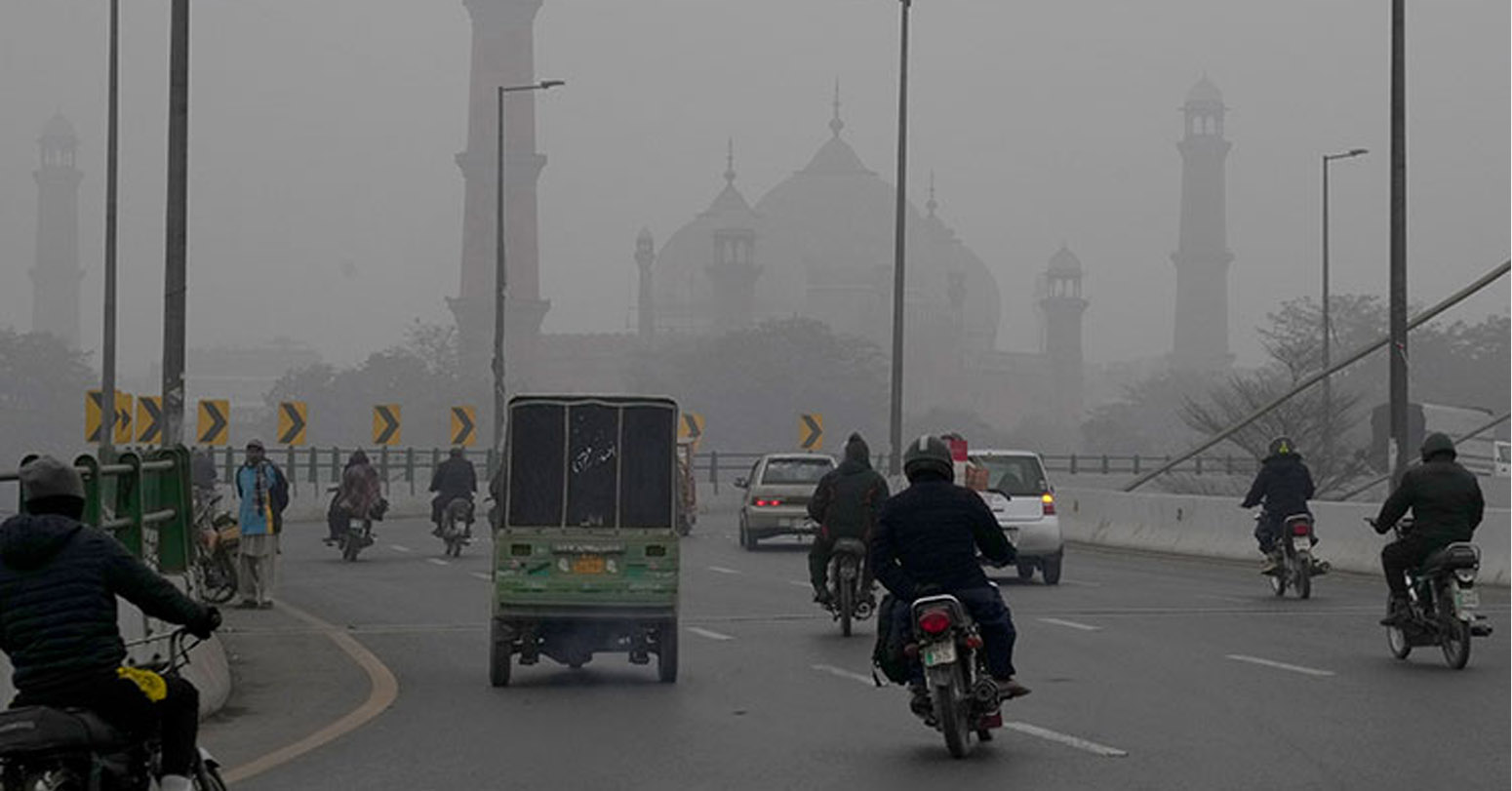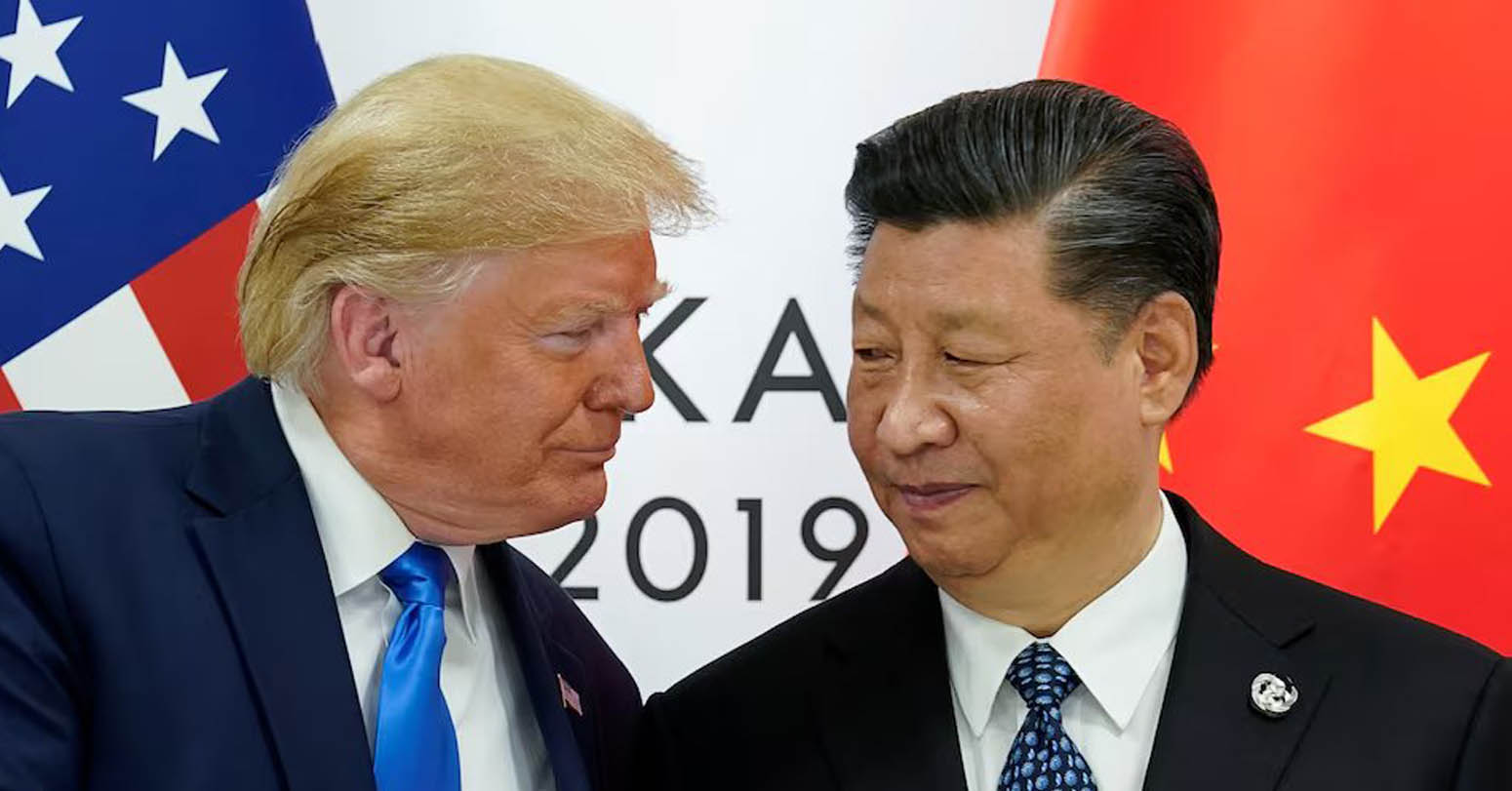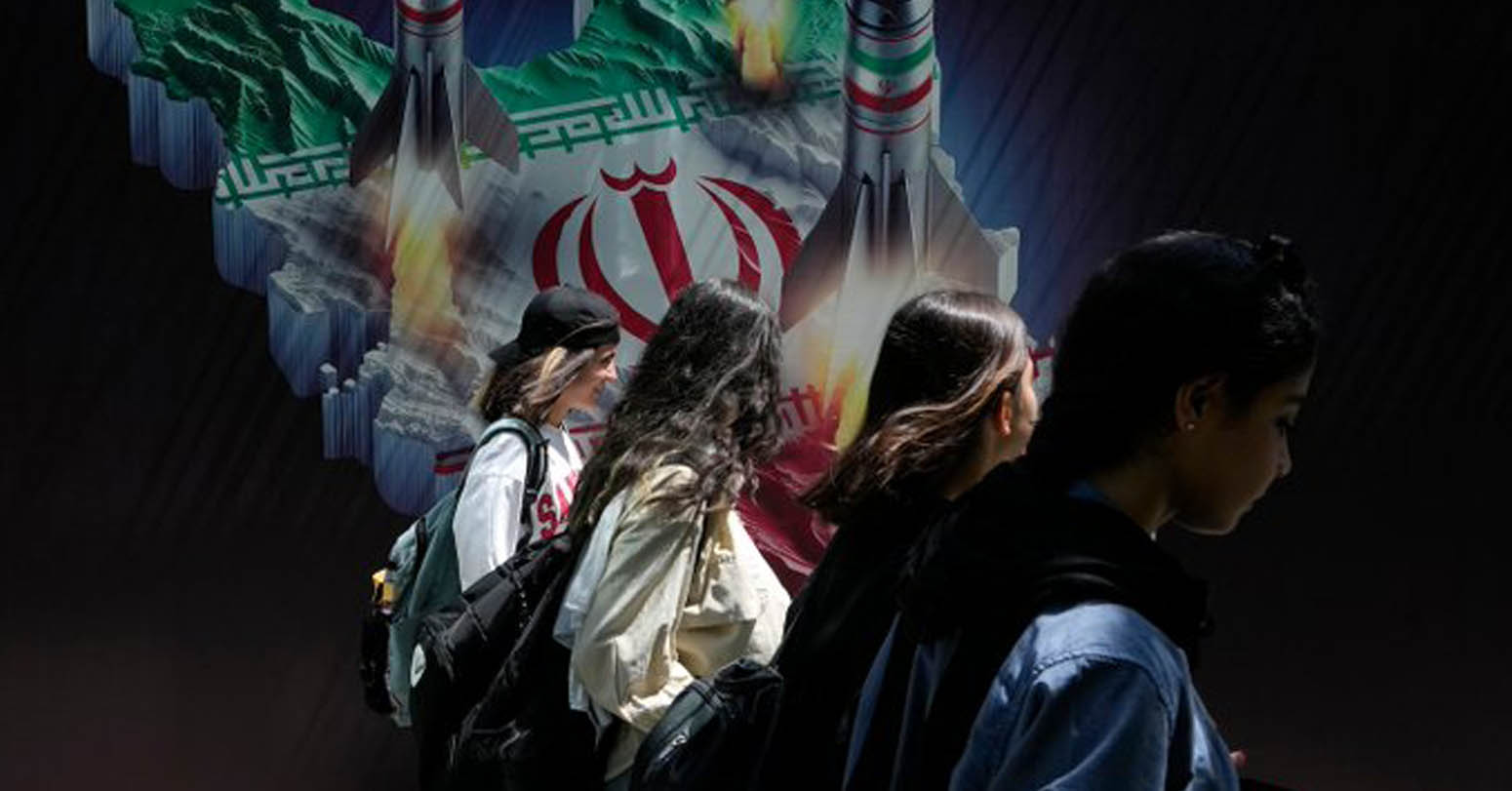
Chinese President Xi Jinping said Thursday Beijing and Washington must find a way to "get along" in a message to US president-elect Donald Trump, state media reported.
Trump's crushing presidential victory ushers in a new era of uncertainty in the United States and the world, and heralds a possible shift in US-China relations, frayed in recent years by tensions over everything from trade to the status of self-ruled Taiwan.
In his first message to Trump since the former president secured a second term, Xi said "history has shown that China and the United States benefit from cooperation and suffer from confrontation", state broadcaster CCTV said.
"A stable, healthy and sustainable China-US relationship is in the common interest of both countries and is in line with the expectations of the international community," Xi said.
He called for Washington and Beijing to "strengthen dialogue and communication" and "properly manage differences".
The two countries must "find a correct way... to get along in this new era, to benefit both countries and the world", Xi said.
Chinese Vice President Han Zheng also sent a message to vice president-elect JD Vance, CCTV said.
Both Republican Trump and his Democratic rival Kamala Harris had pledged to get tougher on Beijing.
But Trump upped the ante, vowing to slap 60 percent tariffs on all Chinese goods entering the United States.
The president-elect aims to "restore some level of balance in the US-China trade", Yun Sun, a Senior Fellow at the Stimson Center, told AFP.
"Given his arts of 'maximum pressure' before striking a deal, I do expect him to impose the tariff," she added.
- 'Mutual respect' -
On Thursday the Chinese leader said he hoped "that both sides will uphold the principles of mutual respect, peaceful coexistence and win-win cooperation".
Beijing this week declared its hope that the two countries could enjoy a "peaceful coexistence" in the future, while remaining tight-lipped on how precisely the mercurial magnate's victory could affect ties.
Xi and Trump have previously met four times, and the former president has touted his "very strong relationship" with the Chinese leader.
He has also claimed he would be able to talk Xi out of an attack on self-ruled Taiwan with threats of 150 percent tariffs.
Analysts had said the election outcome would be a key focus of this week's gathering of top lawmakers in Beijing, aimed at ironing out a stimulus plan to boost China's struggling economy.
Chief among the concerns will be how Beijing responds to Trump's expected huge tariff hike, which asset managers PineBridge Investments have suggested could hit $500 billion worth of Chinese exports.
"We expect the Chinese government to respond with limited retaliation and more domestic policy support to the economy, to partially offset the negative impact," Tao Wang, Chief China Economist at UBS Investment Research, told AFP.


















Middle-aged man spends millions to
Dr. Dharam Raj Upadhyay: Man
Breathing The Unbreathable Air
Comprehensive Data Protection Law Critically
Gender Differences In Mental Healthcare
Erosion of Democracy